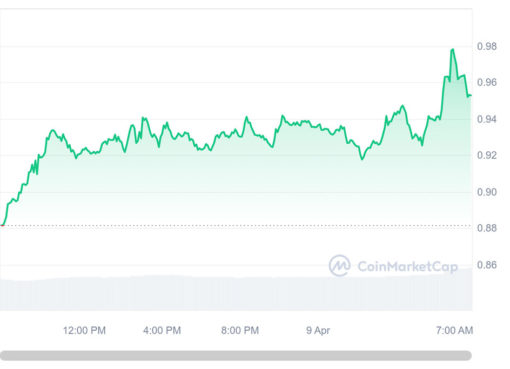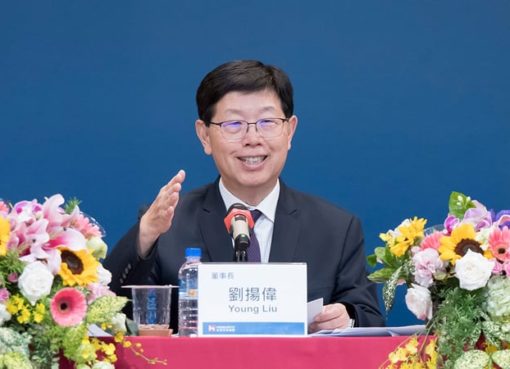The Authors Guild asserts that OpenAI’s actions constitute a breach of the Copyright Act.
The Authors Guild, a prominent organization representing US writers, initiated a class-action lawsuit against OpenAI on September 19th. The lawsuit alleges that OpenAI improperly utilized copyrighted materials during the training of its artificial intelligence systems. Notably, this legal action is taken on behalf of renowned writers, including John Grisham, Jonathan Franzen, George Saunders, Jodi Picoult, George R.R. Martin, and others.
The professional body advocating for writers in the United States asserts that OpenAI’s actions constitute a breach of the Copyright Act and have consequently pursued legal remedies to address what they perceive as a detrimental infringement on copyrighted works.
At the core of the lawsuit is the claim that OpenAI unlawfully copied copyrighted content, specifically fictional works, by incorporating them into their large language models (LLMs). This act took place without securing the requisite permissions from the original authors or providing compensation for such usage.
Authors Guild argues that professional fiction writers depend on their creative works for their livelihoods, and contends that OpenAI’s LLMs pose a significant threat to their earnings potential, primarily due to their unauthorized use of copyrighted materials. In support of their position, the Authors Guild suggests that OpenAI could have opted for legally available materials in the public domain but instead chose a path that seems to deliberately evade compliance with the Copyright Act to enhance their commercial pursuits.
OpenAI, on the other hand, maintains that its use of training data includes text obtained from the internet, some of which falls under the umbrella of fair use within the framework of US copyright law. They argue that this practice does not infringe upon copyright holders’ rights.
However, the Authors Guild is steadfast in its belief that authors should retain control over how their works are employed. The lawsuit posits that OpenAI’s training dataset may have incorporated content sourced from pirated online copies of authors’ books. Given that ChatGPT is capable of generating precise summaries of these books upon request, it is reasonable to assume that copyrighted texts are embedded within its database. The authors further argue that AI systems like ChatGPT have the potential to generate subpar ebooks, impersonate authors, and even displace human-authored books.
In response to inquiries regarding copyrighted material, ChatGPT stated:
“It is possible that some of the books used to train me were under copyright. However, my training data was sourced from various publicly available sources on the internet, and it is likely that some of the books included in my training dataset were not authorized to be used. If any copyrighted material was included in my training data, it would have been used without the knowledge or consent of the copyright holder.”
A Broader Trend: Lawsuits against Generative AI Providers
The Authors Guilds lawsuit is part of a broader trend where writers, source code owners, and visual artists are pursuing legal action against generative AI providers. A few weeks ago, Sarah Silverman and two AI entities filed a copyright infringement lawsuit against both OpenAI and Meta, related to the unauthorized usage of their works in training AI models. These cases underscore the ongoing debate surrounding the usage of copyrighted content in AI development.
Temitope is a writer with more than four years of experience writing across various niches. He has a special interest in the fintech and blockchain spaces and enjoy writing articles in those areas. He holds bachelor’s and master’s degrees in linguistics. When not writing, he trades forex and plays video games.




